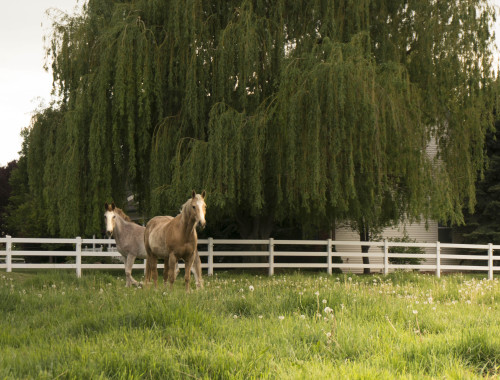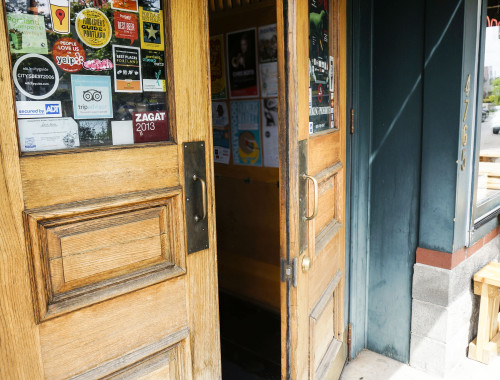So I’ve been practicing the violin again this week and it feels like I’m starting from scratch. Scratch means scales and finger exercises and bowing maneuvers and striving. Striving to improve.
The idea of striving to get better didn’t just come up for me in the practice room this week. When I went to my local violin shop and tried out a few more instruments better rose up to smack me fresh across the face. A mother and her daughter were in line ahead of me also shopping for violins. The young violinist couldn’t have been any older than fifteen, and her mother proudly informed their sales person that she had been playing for eleven years. They took a handful of fine instruments into one of the rooms off the main lobby where we all heard the daughter begin to rip through Mendelssohn at tremendous speed.
I listened, impressed, and then took my own handful of fiddles into the practice room next door where I tried to focus. Play a few scales, a few notes, and listen to the violins. Feel them in my hands. Selecting a fiddle of your own is a bit of a matchmaking moment, and it can be magical. The trouble was I wasn’t feeling amorous any more.
Why wasn’t I better? I wondered through my scratchy G major scale. Never mind that I hadn’t played the violin for almost 25 years. And why hadn’t I been a better musician as a teenager when I practiced so diligently? I’d never even attempted that Mendelssohn concerto. How did a person get so good, anyway? Was she even sleeping, that girl? Surely not.
I picked up another violin and tried it, hearing only my slow fingers creeping their way across the strings.
Then a conversation I’d had a few days earlier with a colleague floated in. The topic was sports, of all things. Now I don’t play sports, but my colleague does and he’d also coached. He was making a point that he didn’t feel this “trophies for everyone” practice they were trying out nowadays bred anything but complacency, no matter the players’ age. “They need to learn how to compete,” he said. Winning and losing was the stuff of life. Kids need to learn how to get better at playing the big game.
I should clarify that we were talking about five-year-olds here. That’s right, kids about the same age as Miss Rocking-That-Mendelssohn was when she first tucked a quarter size violin under her chubby chin. The better you are the better you can feel about yourself, my coworker seemed to be saying. In other words, better equals value and if you’re lucky, one day, indisputable worth.
I saw his point. The better musicians are more revered. The better sports people get more playing time, make more money, and ascend higher pedestals to fame.
But what is “better”? How do we quantify this quantifying word? Is my beginner-again violin playing any better, any more inherently worthy, than it was yesterday or will be next week? Can we actually say that LeBron James is any more valuable a human than the dad with creaky knees who plays pick-up games with friends on the weekends when he can steal an hour away?
Who are we trying to best here, anyway?
I asked my colleague if he thought we always had to compete for a winner, for the better player, and he looked at me as if I’d betrayed my own kind. Well did there really have to be a better and a best, I asked? Really? Or could we find other ways to motivate play.
We are the ones who have set things up this way. We are the reason we compete and strive and measure ourselves against one another. Better never actually existed until we said it did, and winning is just an idea born from gain.
So what if we didn’t get better but instead got bigger? As in expanded into the next moment with no yardstick, no stats, no sliding scale on our heels. What if we saw equal value in everything and everyone no matter how developed they may be at any one thing, how much money they’re making, how many times they’ve ascended the stage. And what if my violin playing is simply where it is in this moment. No better or worse than it will be any other day.
We are starting to explore a world beyond the binary, and I believe this exploration will include better and worse, winner and loser. This exploration will undo hierarchical structures and show them for what they are: invention. It is already redefining the game.
I remind myself of all this next to the young violinist having her experience shopping for violins one room over. I am not here to be any better than her. I am not here to prove my worth. My worth has never been up for the measuring, my value never in trade. I am here to expand in all the marvelous messiness expansion entails, including steps forward, sideways, or, in my case, a 25 year voyage away from the instrument and back again toward play.



